Does Swimming Hurt Oral Health?

Swimming is a popular sport in the United States. According to the US Bureau of Labor Statistics, swimming is the fifth most popular form of exercise, with what percentage of Americans participating?
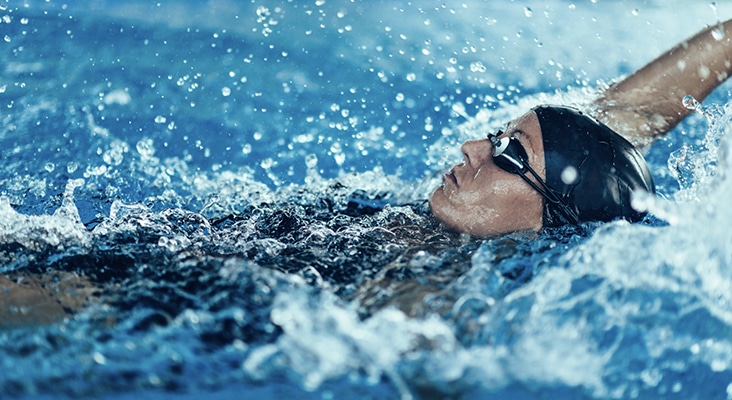 microgen / iStock / Getty Images Plus
microgen / iStock / Getty Images Plus
Daily exposure to chlorinated water can cause teeth staining, dental pain, increased calculus formation, and dental erosion. If the pool is not properly maintained, these effects can manifest in as little as how many days of exposure?
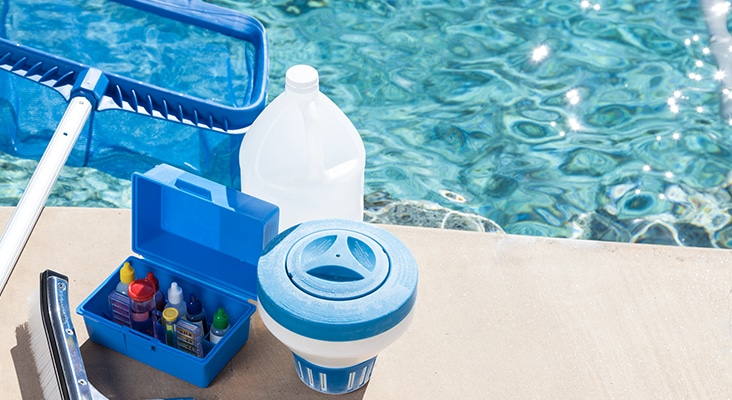 Bill Oxford / E+
Bill Oxford / E+
Teeth stain is a problem for swimmers because pool water contains chemical additives—such as antimicrobials—that give the water a higher pH than saliva.
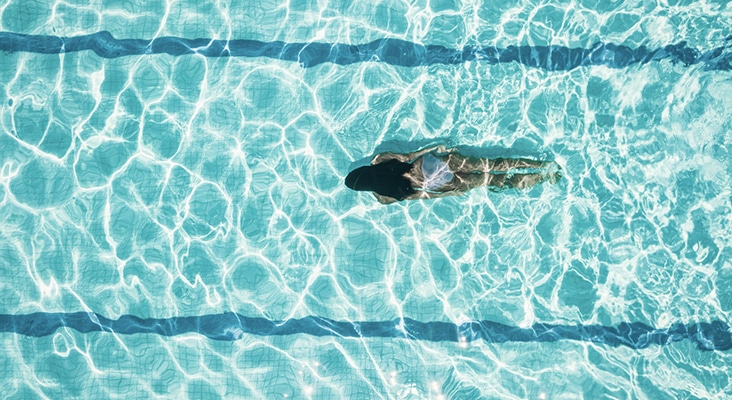 golero / E+
golero / E+
Swimmers with predisposing oral pathology— such as acute or chronic periapical infection, caries, deep or failing restorations, or residual dental cysts, and those with sinusitis or recent history of surgery—are at risk of barodontalgia, which is characterized by dental pain.
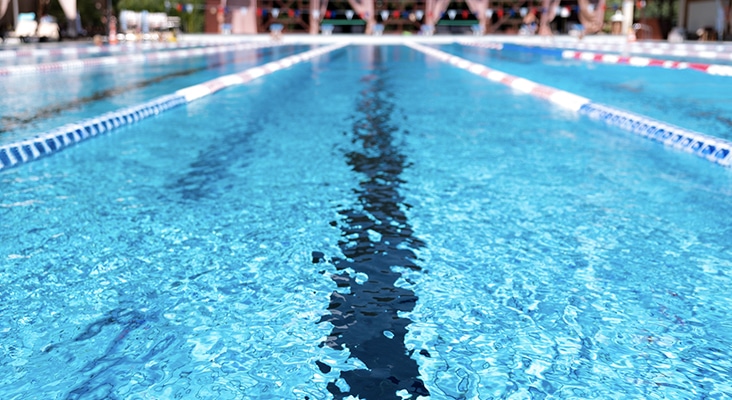 Natalia Sterleva / iStock / Getty Images Plus
Natalia Sterleva / iStock / Getty Images Plus
Antimicrobials found in pool water have a much lower pH than saliva, which causes the proteins to break down and discolored deposits to form.
 FatCamera / E+
FatCamera / E+
If a swimming pool is kept at the optimal pH of 7.4, tooth structure will not demineralize.
 Allexxandar / iStock / Getty Images Plus
Allexxandar / iStock / Getty Images Plus
The US Centers for Disease Control and Prevention recommends keeping the chlorine concentrations between which levels?
 jacoblund / iStock / Getty Images Plus
jacoblund / iStock / Getty Images Plus
Brushing the teeth immediately after swimming can be harmful, as the enamel surface is softened by the acidic chlorine and may be more easily brushed away.
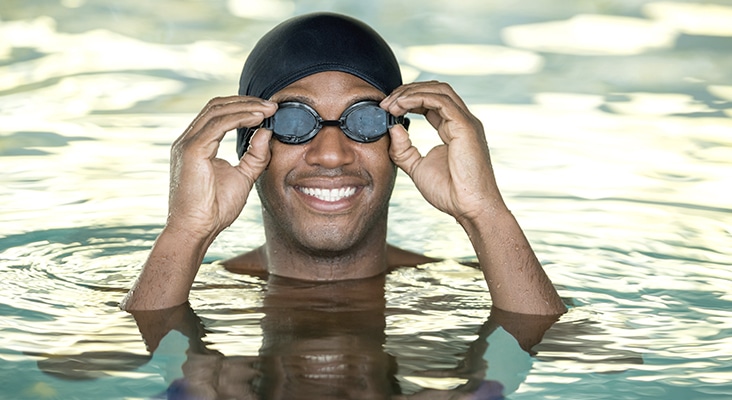 andresr / E+
andresr / E+
Share your Results:

